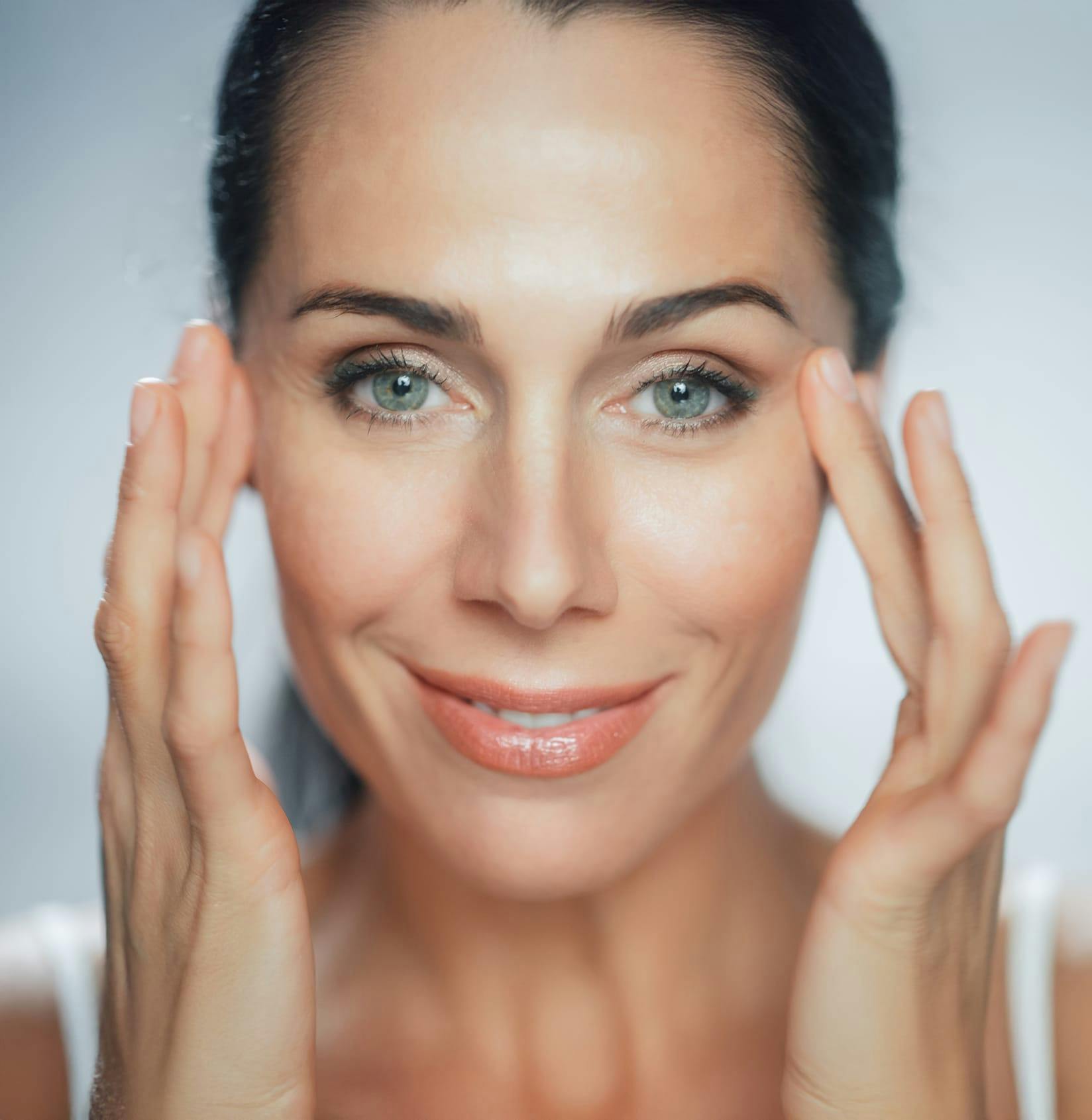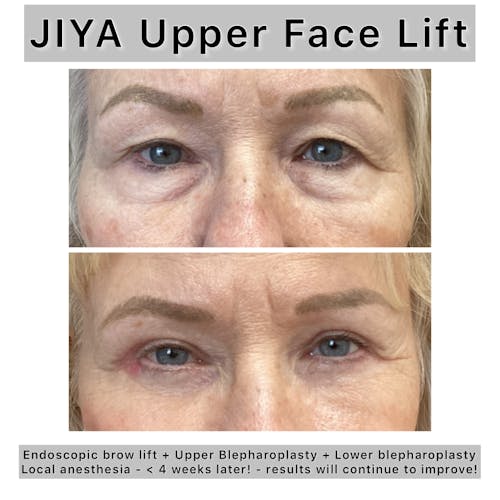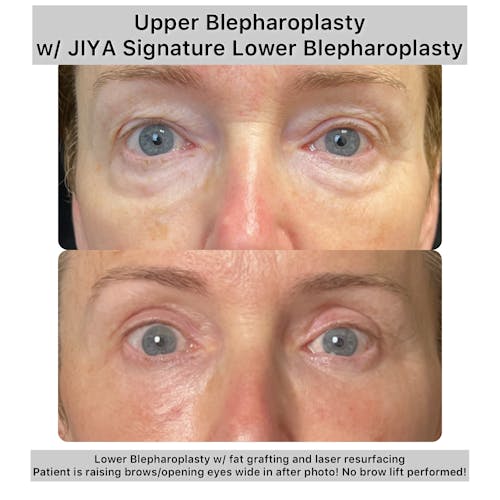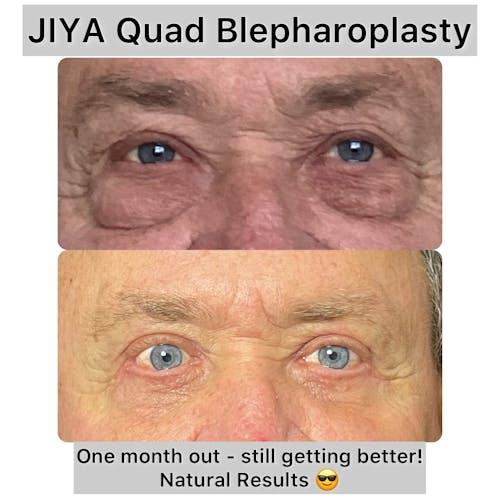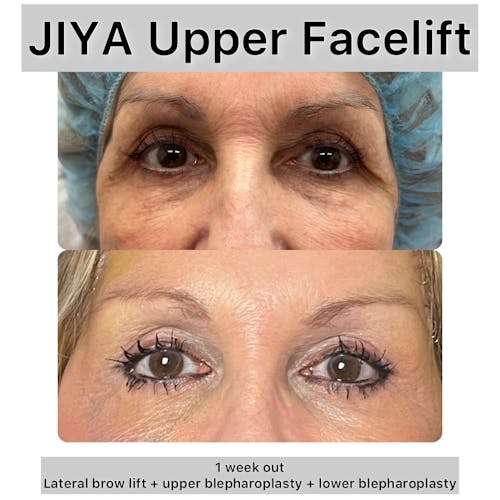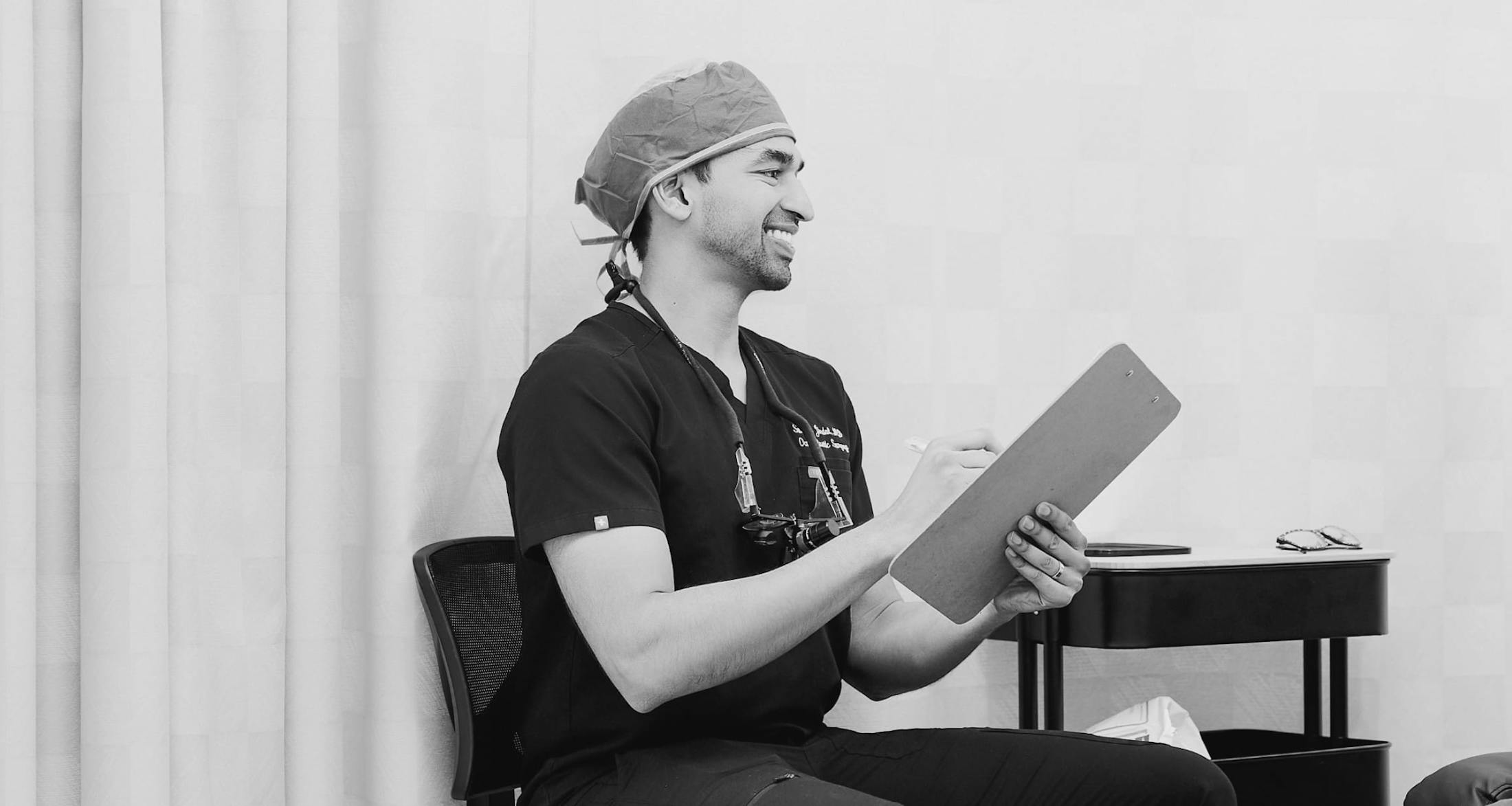Refresh the eyes by removing excess skin and fat to enjoy a more youthful, rested appearance.
The Effects of Drooping Eyelids
Drooping eyelids, medically known as ptosis, can occur for various reasons, ranging from genetics to age-related changes. While some individuals are born with this condition, others develop it later in life due to factors such as eye injuries, strokes, or nerve damage that interferes with the eyelid’s muscles.
One of the most common causes of drooping eyelids is aging. Over time, the levator muscle, which lifts the upper eyelid, can weaken or pull away from the eyelid. This natural process allows the eyelid to sag, sometimes to the point of obstructing the field of vision.
In many cases, drooping eyelids are a cosmetic concern that may make individuals feel self-conscious about their appearance. However, when the sagging eyelid partially or fully covers the pupil, it can block light from entering the eye and impair vision, which can lead to practical difficulties in daily life, such as reading or driving.
For individuals with drooping in only one eye, the brain may compensate by relying more heavily on the unaffected eye. Over time, this imbalance can lead to amblyopia, or “lazy eye,” which reduces depth perception and overall visual clarity. Whether your concern is aesthetic or functional, addressing drooping eyelids can significantly enhance both your appearance and quality of life.





